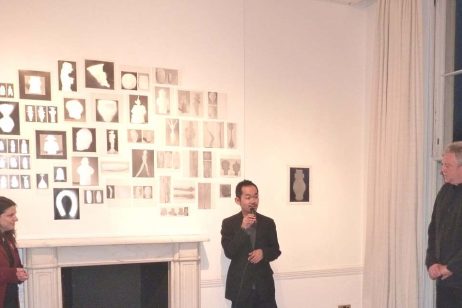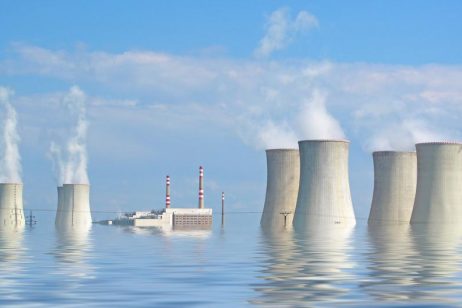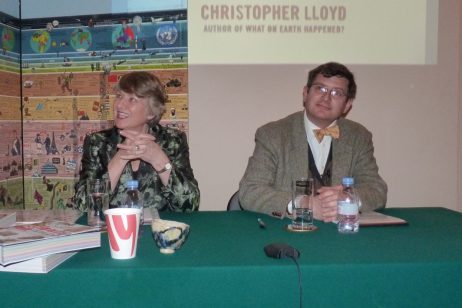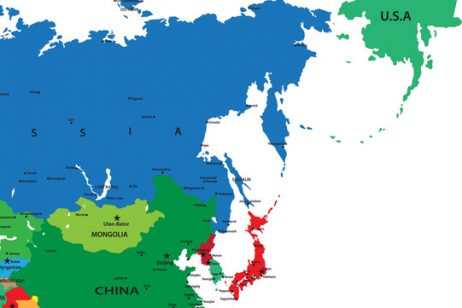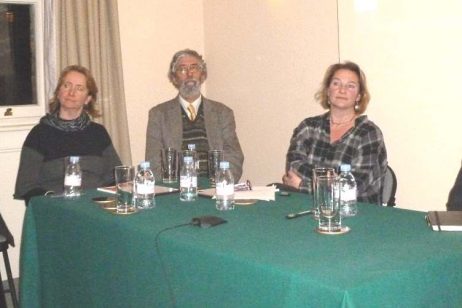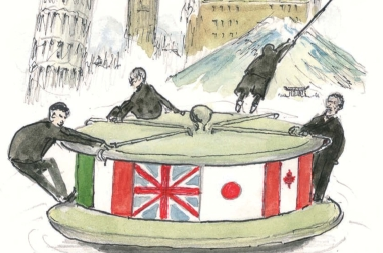21 March 2013
Excavated Reverberations by Hiraku Suzuki
In Hiraku Suzuki’s practice, drawing is expanded from a primitive method of expression into a contemporary technique of reflection and transformation. Associating the act of drawing with the process of ‘excavation’ reveals memories and unknowns present within our daily life. He perceives paper surfaces as excavation sites, carefully inscribing the moment when the different dimensions of time and space are generated from a limited two-dimensional phase. His recent drawings, in which he repeatedly uses light reflective materials such as silver marker and spray paint, shift their visibility according to the viewers’ perspective, creating resonance with the immediate environment.
More info